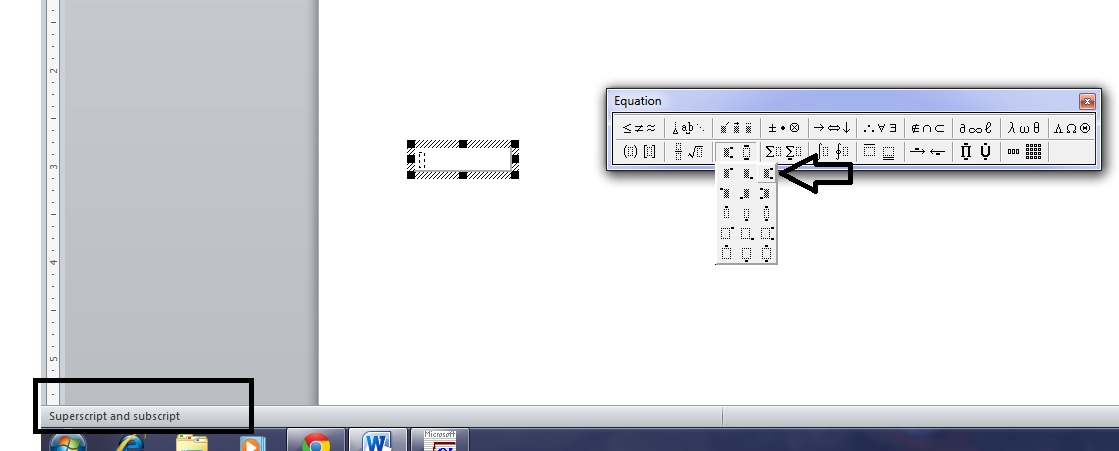

So, what are your options if you want to use pre-formatted fraction symbols in Microsoft Word? Autoformatting Common Fractions in Microsoft Word However, some style guides specify using fraction symbols, which tend to look more professional as well. This will be fine in most cases, especially in less formal writing. The simplest way to write fractions in Microsoft Word is to just use a forward slash between the numerator and denominator (i.e., the two numbers that make up a fraction):Īdd 2/3 of a cup of buttermilk to the flour mixture. We’ll look at how each of these approaches work below. Using the “Equation” tool to create a custom fraction.Creating a fraction using the fraction division slash symbol.Typing fractions as regular text on a single line.In this post, we look at your options, which include: But what is the best way to write numeric fractions in Microsoft Word if you want professional results?

This can be beneficial to other community members reading this thread.Fractions are used in all sorts of writing, from science and math papers to financial reports, and even recipes. Please remember to click "Mark as Answer" the responses that resolved your issue, and to click "Unmark as Answer" if not.

MSDN Support, feel free to contact you for posting here. If you have any compliments or complaints to This can be beneficial to other community members reading this thread. Public static void setSuperscripts(.Range range, string content)įor equations, you can refer to the following reference: Range.End = range.Start + content.Length Public static void setSubscripts(.Range range, string content) SetSuperscripts(p1.Range, "superscripts") P1.Range.Text = "Asubscripts Bsuperscripts" Word.Document doc = (ref path, ref miss, ref isReadOnly, ref miss, ref miss, ref miss, ref miss, ref miss, ref miss, ref miss, ref miss, ref miss, ref miss, ref miss, ref miss, ref miss) Word.Application application = new Word.Application()

Here's an example of insert subscripts and superscripts into the word document. You can consider using namespace to do it.Ĭheck the following document : How to access Office interop objects (C# Programming Guide)


 0 kommentar(er)
0 kommentar(er)
